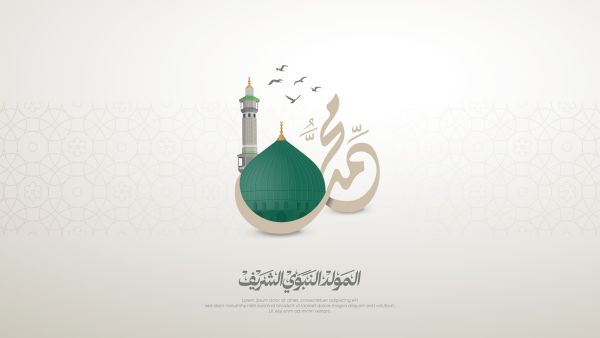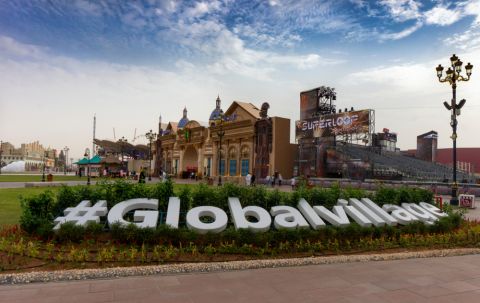ALBAWABA Muslims celebrate Prophet Muhammad’s birthday, known as Mawlid al-Nabi or simply Mawlid, in various ways across the Muslim world. The date falls on the 12th of Rabi' al-Awwal, the third month of the Islamic calendar. While the observance of Mawlid is not obligatory in Islam, it is a significant occasion for many Muslims, reflecting their deep love and reverence for the Prophet Muhammad.
- Spiritual Gatherings and Prayers: Many Muslims mark the Prophet’s birthday with gatherings in mosques or homes where they recite the Qur’an, offer special duas (supplications), and sing nasheeds (Islamic hymns) in praise of the Prophet. These gatherings are often focused on remembering his life, teachings, and character.
- Lectures on the Prophet’s Life: Islamic scholars and religious leaders give sermons or lectures, known as seerah, on the life and legacy of Prophet Muhammad. These talks emphasize his role as a leader, teacher, and moral guide, drawing lessons from his life for Muslims to follow in their daily practices.
- Charity and Good Deeds: Charity is a core element of the celebration, as Muslims are encouraged to emulate the Prophet's compassion and generosity. Acts of kindness, such as donating to the poor, feeding the hungry, and assisting the needy, are considered an essential part of observing Mawlid.
- Decorations and Parades: In some countries, streets, mosques, and homes are adorned with lights, flags, and banners. In cities like Cairo, Jakarta, and Islamabad, there are often large processions and parades where people carry banners, chant praises, and distribute sweets. Public celebrations are common in regions where Mawlid is widely observed.
- Fasting: Some Muslims choose to fast on the day of Mawlid as a way of expressing gratitude and devotion, following the tradition that Prophet Muhammad himself would fast on Mondays, the day of his birth.
For Muslims who celebrate Mawlid, it is not just a time to reflect on the Prophet’s life but also a chance to renew their spiritual connection with Islam. It fosters a sense of community and reminds believers of the moral and ethical values that Prophet Muhammad embodied, such as mercy, justice, and humility.








